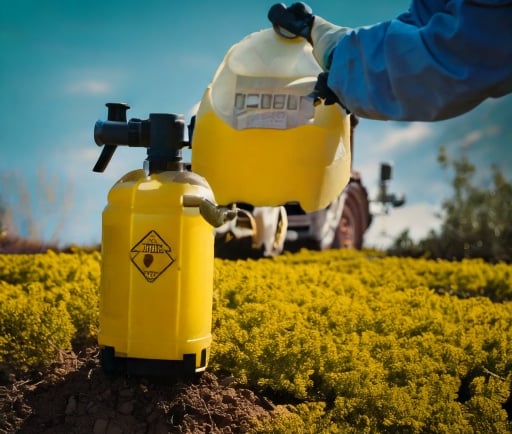Bayer's Acquisition of Monsanto and the Glyphosate Debate


Introduction to the Bayer and Monsanto Merger
The merger between Bayer AG and Monsanto Company marks a significant turn in the agricultural sector. Bayer, a global leader in pharmaceuticals and life sciences, has come under scrutiny for its acquisition of the agrochemical giant Monsanto. This union has stirred ongoing debates regarding the safety and implications of products like glyphosate, a widely used herbicide linked to serious health concerns.
The Role of Glyphosate and Its Connection to Health Risks
Glyphosate is the active ingredient found in many herbicides produced by Monsanto, used extensively in farming to control weeds. Despite its popularity among agriculturalists for increasing crop yields, numerous studies have raised alarms about its potential health effects. Among these concerns is the alarming association between glyphosate exposure and non-Hodgkin lymphoma, a type of cancer that affects the lymphatic system.
Researchers and public health advocates have pointed out that chronic exposure to glyphosate may elevate the risk of developing non-Hodgkin lymphoma, igniting a fierce debate in scientific, regulatory, and public circles. While proponents argue that the chemical is safe when used as directed, critics highlight increasing evidence pointing to its carcinogenic potential.
Bayer’s Responsibility and Response
In light of the controversies surrounding glyphosate, Bayer has faced numerous lawsuits and critical public opinion. As the manufacturer of both the herbicide and various treatments for non-Hodgkin lymphoma, Bayer finds itself in a complex position. On one hand, it has a vested interest in agricultural chemicals that promise food security; on the other, it grapples with the ethical implications of potentially harmful products.
To address these concerns, Bayer has pledged to engage in transparent research and development practices. The company emphasizes its commitment to improving product safety and is working with regulatory agencies worldwide to provide conclusive evidence regarding glyphosate's safety profile.
Conclusion: Navigating the Future of Agricultural Practices
The merger of Bayer and Monsanto is not merely a corporate acquisition; it is a pivotal moment that prompts deeper questions about agriculture, health, and ethics. As glyphosate continues to be a focal point in discussions about food safety and environmental impact, the balance between productivity and public health remains more critical than ever. Moving forward, stakeholder collaboration—including farmers, scientists, and consumers—will be essential in shaping a sustainable agricultural landscape that prioritizes health without sacrificing productivity.
